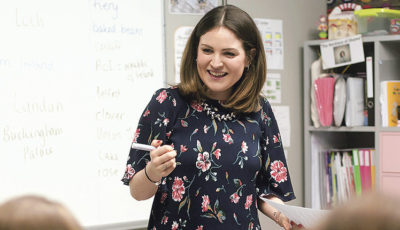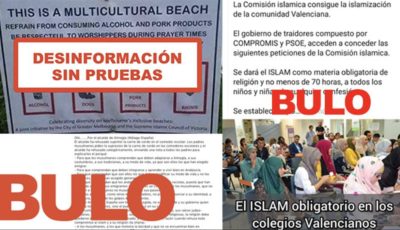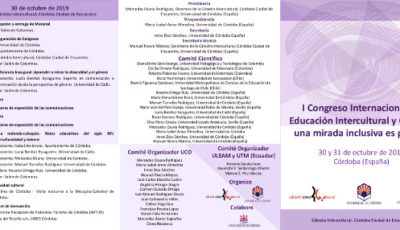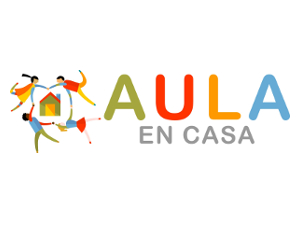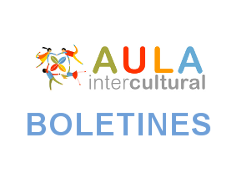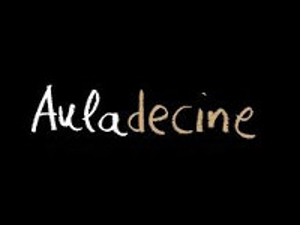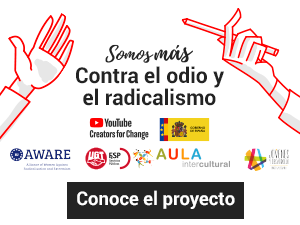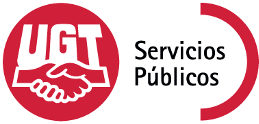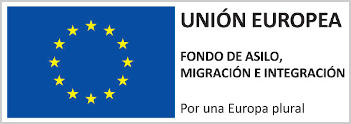Muslim women and higher education: identities, experiences and prospects. Report
By Dr David Tyrer, Liverpool John Moores University Fauzia Ahmad, University of Bristol
This report summarises the findings of a qualitative study of Muslim women’s experiences of studying in Higher Education Institutions (HEI) across the UK.
This report highlights how Muslim women, through their participation in university, challenge dominant stereotyped assumptions prevalent in both the literature and institutions, about the lives of Muslim women and their families. It documents how their participation not only acts to de-mystify university life, but in focusing on Muslim women as academic achievers, shows how Muslim women can act as role models for other women. It also documents a number of areas of concern around careers advice and recruitment into higher education and the ways racist stereotypes of Muslim women impact on their daily lives.
Previous research on South Asian families in Britain has already shown that education and the securing of academic qualifications is highly valued (refs). However, the relatively lower rates of higher education participation amongst Pakistani and Bangladeshi women in comparison to women from other South Asian backgrounds have led some commentators to conclude that ‘culture’, religion and patriarchal constraints (or ‘purdah’) play instrumental roles in restricting Muslim women’s educational and economic participation. Recent research exploring these discrepancies suggest that the issues are more complex and cannot be reduced to single, monocausal factors (Brah, 1993, 1996; Dale et al, 2002; Archer, 2002; Ahmad et al, 2003). The work outlined in this report therefore seeks to address a significant gap in the literature on Muslim women in Britain. The stories outlined here are inspirational and serve to challenge dominant stereotyped assumptions prevalent in both the literature and institutions, about the lives of Muslim women and their families.
Previous work by Ahmad (2001, 2006b) with Muslim women studying in London was among the first to explore the motivations, experiences and identities of Muslim women in higher education and the impact of these experiences on Muslim women’s religious and cultural identities, their subsequent relationships with their families, and personal attitudes towards relationships. This work also sought to problematise the reductionist discourses of ‘modern’ and ‘traditional’ often used to frame accounts of Muslim women.
This ESF funded study based at Liverpool John Moores University and led by Dr David Tyrer, has explored a number of similar themes at a national level, but in addition has sought to explore the implications of Muslim women’s experiences for the development of ‘joined-up’ Equal Opportunities in higher education, and the impacts of these experiences on their future employability. This work was funded in particular to explore the impact of institutional issues such as routine institutional activities on the experiences of Muslim women students and their subsequent employability. It also involved exploring Muslim women’s motivations, experiences, and identities, from pre-enrolment (for example, recruitment and admissions) through to post-graduation (such as job-seeking or further study). This was based on work with students studying in universities in Liverpool, Manchester, Bradford, Birmingham and London.
This work illustrates the extent through which universities and their various routine functions, impact on the lives of Muslim women students in a range of ways including their employment outcomes and contribute to the wider racial gendering of the labour market. It also points to the ways in which Muslim women students seek to centre their own agency and resist the institutionalised discourses that structure their experiences of university and the graduate labour market. Finally, the work underlines the need for clear ‘joined up’ strategic work on Equal Opportunities.
ACKNOWLEDGEMENTS………………………………………………………………………….5
Introduction ……………………………………………………………………………………………..6
Methodology ……………………………………………………………………………………………8
Research Findings ………………………………………………………………………………….10
Routes into Higher Education………………………………………………………………..10
Expectations from schools and colleges………………………………………………10
Caring Responsibilities ……………………………………………………………………..11
The role of family in Muslim women’s higher education …………………………….12
Parental encouragement …………………………………………………………………..12
Role Models and Peer Groups …………………………………………………………..14
Marriage Choices and Employment Prospects……………………………………..15
Experiences of higher education ……………………………………………………………16
Students’ perceptions of racism………………………………………………………….17
Experiences of Islamophobia……………………………………………………………..19

